
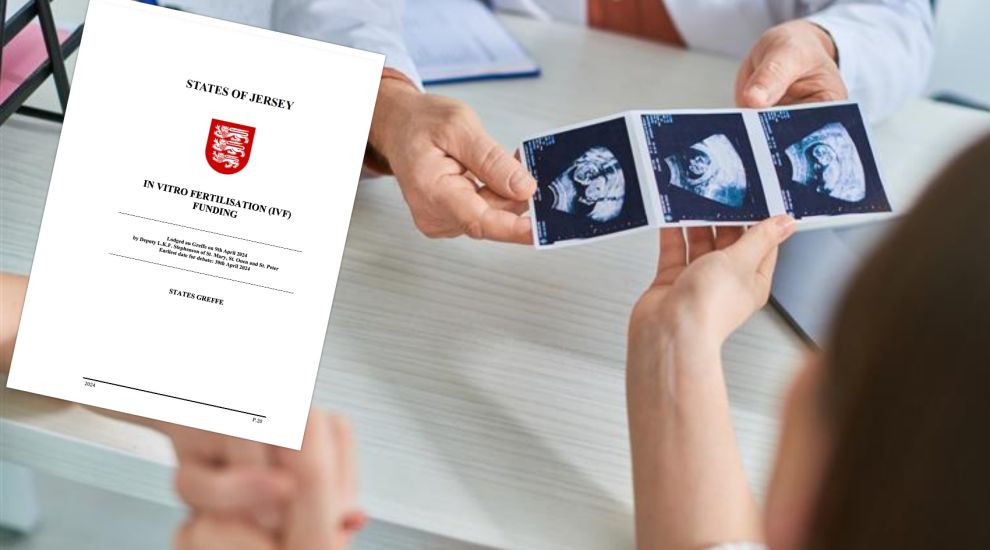

Islanders struggling with the high cost of IVF treatment may soon receive more financial support if plans to update the funding model are approved.
Deputy Lucy Stephenson, who has personal experience with infertility and IVF, has called on the government to reform the existing funding model for IVF treatment and align funding with clinical guidelines used in the UK.
The politician, who is a founding governor of the fertility support charity Tiny Seeds, claims that the current means-tested funding model for IVF treatment is "outdated".
Deputy Stephenson said that the threshold for funding is set at such a low level that no one has ever qualified for it.
With the current funding threshold of £40,795, a couple both working full-time for the minimum wage would be ineligible with a household income of £42,386.
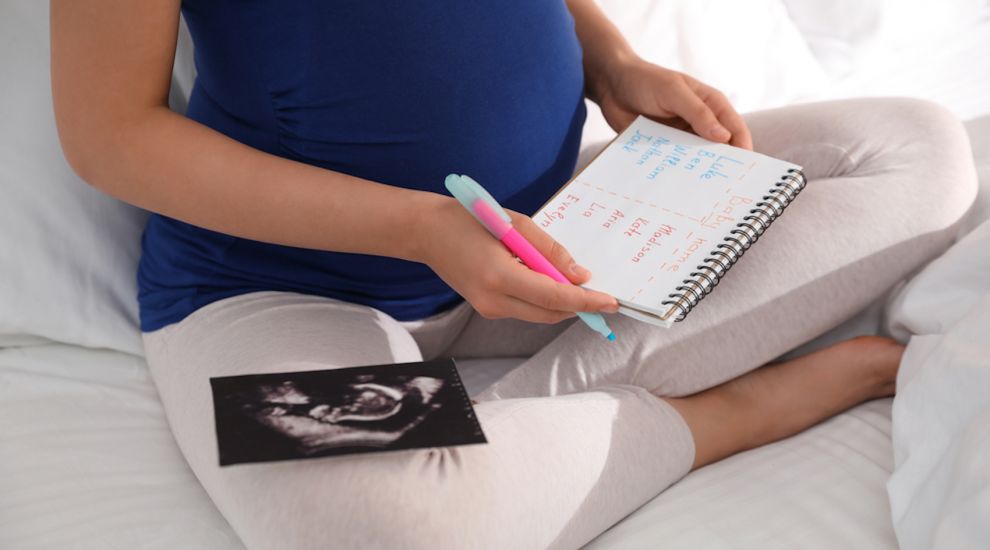
Pictured: Deputy Lucy Stephenson is calling for improved funding to assist islanders struggling with the high costs of IVF treatment.
Jersey is the only place in Europe to mean-test for IVF support, explained Deputy Stephenson.
IVF is also the only healthcare treatment in the island subjected to such financial testing.
Consequently, many islanders requiring fertility treatment are often forced into debt, borrowing from family and friends and choosing between owning a home and having fertility treatment — an issue compounded by the cost of living crisis.
To ease financial and mental health burden on those needing treatment, the proposed changes aim to align funding with clinical guidelines used in the UK.
The Institute for Health and Care Excellence (NICE) recommends funding three full cycles of IVF for women aged under 40 or one full cycle of IVF for women aged 40-42.
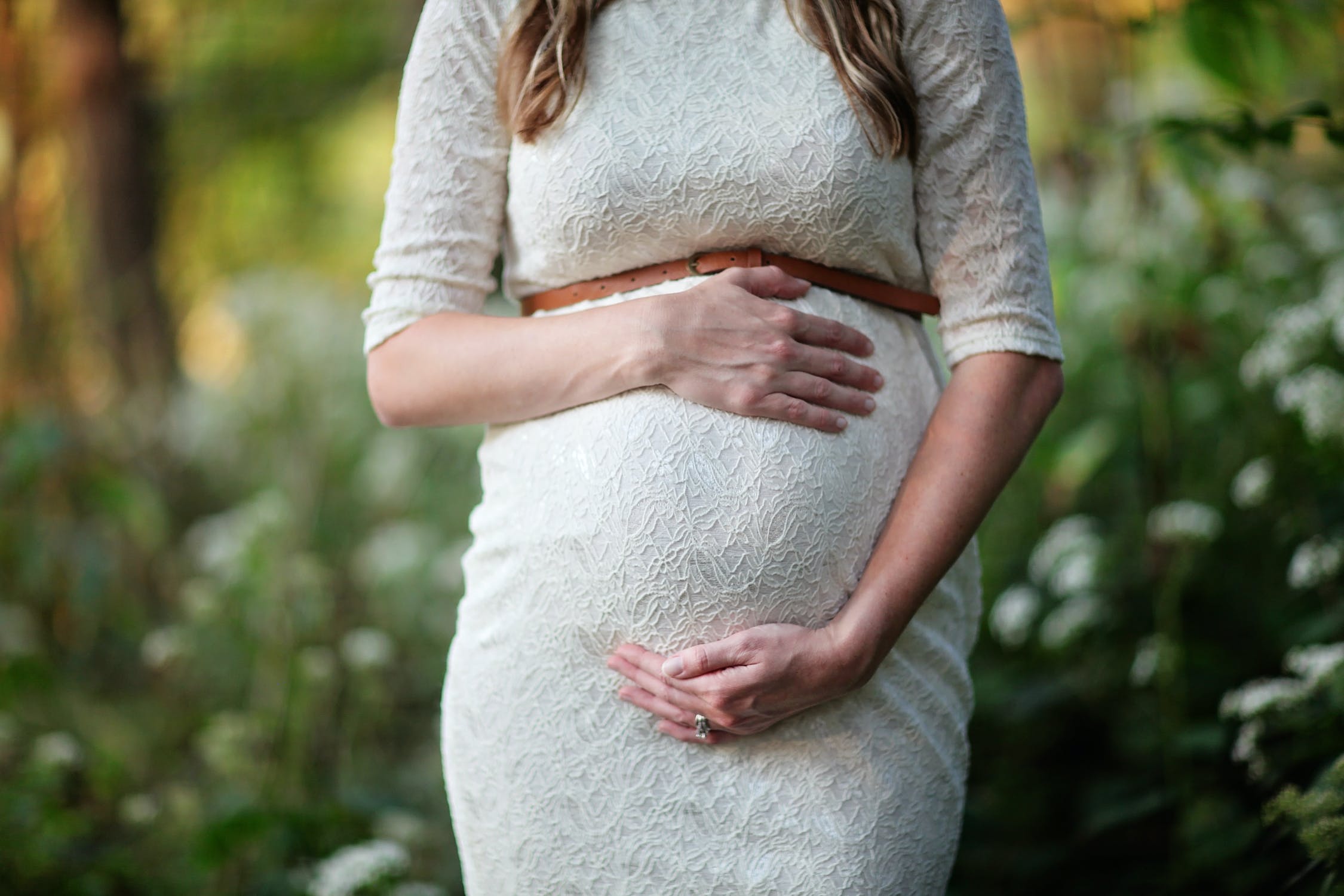
Pictured: The proposition aims to align funding with clinical guidelines and alleviate the financial strain faced by those seeking fertility treatment.
Deputy Stephenson's proposition, which will be debated at the end of the month, calls on the States Assembly to request that the Council of Ministers commit to improving funding for IVF treatment in line with clinical guidelines and to ensure that such funding is included within the Proposed Government Plan 2025-28.
The changes aim to support not only those struggling with infertility but also some same-sex couples hoping to start their families.
Deputy Stephenson said that the support expressed earlier this year by Chief Minister Lyndon Farnham for addressing the outdated funding model "means a lot" so she "really hopes" the proposition gets approved
A survey carried out by Tiny Seeds last year revealed the high cost of IVF treatment.
This, coupled with the high cost of living in Jersey, was pushing many individuals to the limit of what they could afford.
The fertility support and awareness charity, which is the only of its kind in the island, has called for a "much-needed and overdue change to the funding system".
Of the 56 respondents surveyed, 64% said that they had borrowed, or would need to borrow, money to fund their treatment.
Many also stated that they were making sacrifices at the expense of reaching other life milestones to pay for treatment.
Deputy Stephenson said some have even left the island for a cheaper way of life which would allow them to fund their treatment, or because other jurisdictions offer better access to treatment.
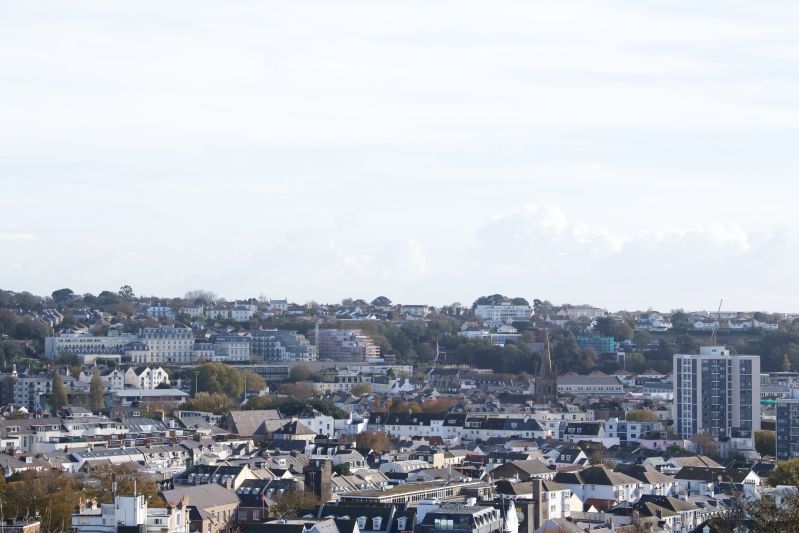
Pictured: Some islanders have admitted having to sacrifice their mortgage deposits to generate IVF funds during a cost-of-living crisis.
The patients surveyed revealed they had spent an average of £17,689, including travel and accommodation, on IVF.
In addition, 87% said that they could need further IVF in the future in addition to the treatment that they had already paid for.
Tiny Seeds also found that 87% of those who responded thought about their fertility struggles either daily or all of the time, 69% said this made them feel depressed, 88% anxious, 6% suicidal, 81% lonely and 75% isolated.
It also found that 96% of respondents said their mental health had been negatively impacted by the cost of living, specifically in relation to their ability to pay for treatment — 46% a great deal, 29% a moderate amount, 21% a little.
Gynaecologists have previously warned that Jersey's high cost of living is contributing to delayed parenthood, potentially leading to increased infertility rates and demographic challenges.
The average age of new mothers in Jersey was 33 compared to a UK average of 30, according to the Jersey Health Profile for 2022.
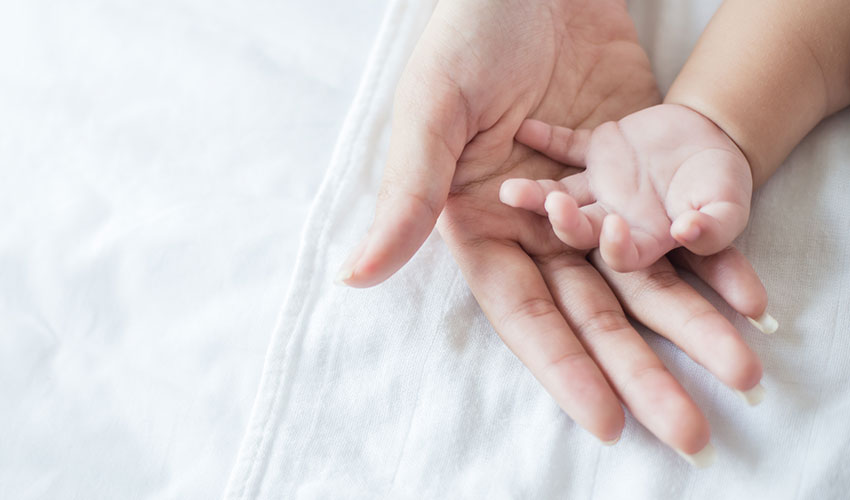
Pictured: The shortage of affordable accommodation and the high cost of childcare were two reasons the gynaecologist advanced for women giving birth in later life in Jersey.
Jersey's leading consultant on assisted reproduction, Dr Enda McVeigh, said that the cost of living is forcing some women to have children later in life, which can cause a drop in fertility rates.
Neil MacLachlan, retired consultant gynaecologist, also warned that Jersey's high cost of living is causing families to delay having children, which can result in more complicated pregnancies and higher healthcare costs.
Jersey's fertility rate for 2020 to 2022 was among the lowest in the world at 1.3 — with a fertility rate of 2.1 required to maintain a stable population.
Therefore, Deputy Stephenson is urging States Members to consider the long-term demographic challenges facing the island, particularly the aging population, when making decisions about this issue.
The proposition can be read in full HERE.
"I sold my flat to be able to afford fertility treatment"
Fertility risk as Jersey families 'delay children due to cost of living'
Comments
Comments on this story express the views of the commentator only, not Bailiwick Publishing. We are unable to guarantee the accuracy of any of those comments.